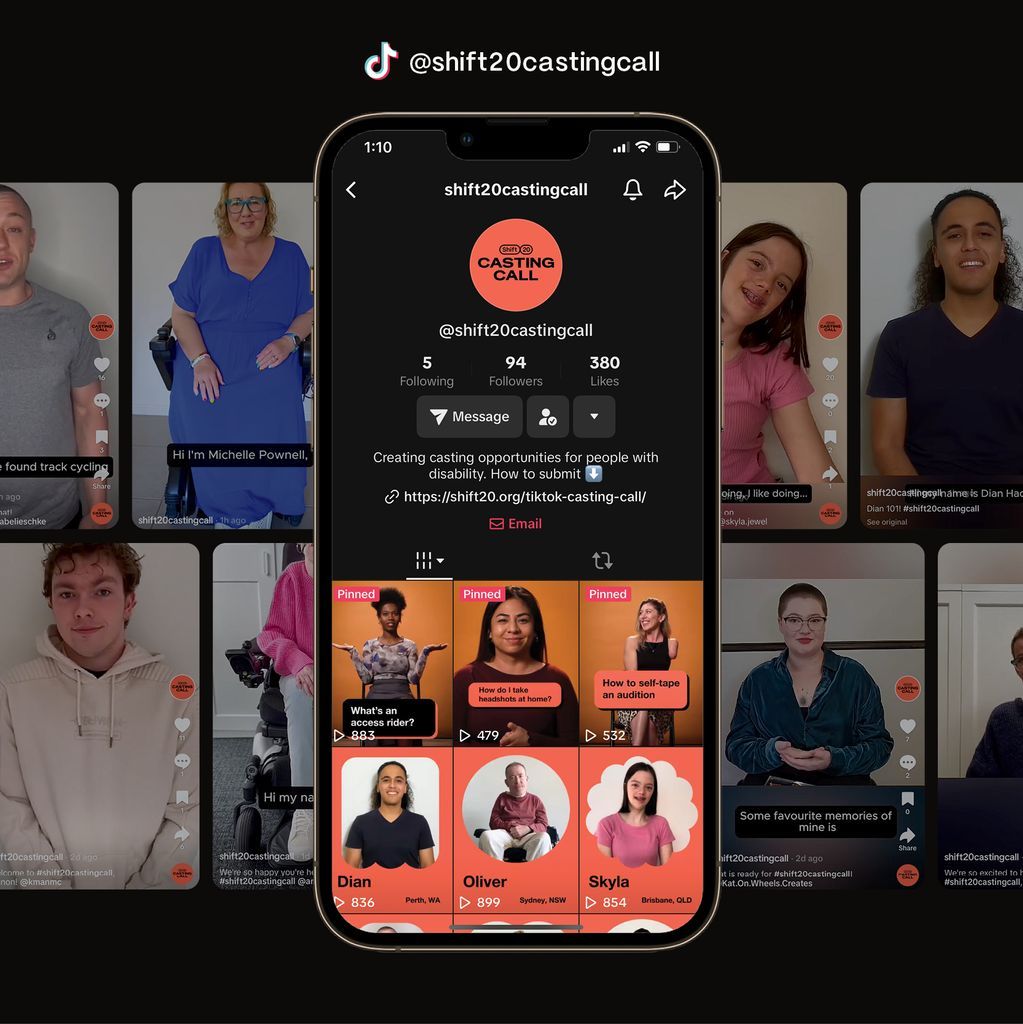

Pic: Midjourney
Editors' Note: Many Fast News images are stylised illustrations generated by Dall-E. Photorealism is not intended. View as early and evolving AI art!

Cookies fade away,
Digital costs rise, they say,
Shoppers will pay, pay.

Cookieless future set to drive up digital advertising and online retail prices, says Xugar founder
The impending removal of cookies from Google and other platforms is set to force businesses to increase their spending on digital advertising, according to Sagar Sethi, founder of Melbourne-based digital marketing agency, Xugar.
Sethi suggested the phasing out of cookies, due to consumer privacy concerns, could potentially inflate online retail prices by up to 25%.
"Retailers have relied on cookies for many years and the change in the way these online marketing campaigns track users and roll out their marketing campaigns is huge. The ramifications will filter down to the consumer; and with the cost of living now becoming the cost of surviving, shoppers aren’t going to be happy with prices going up," Sethi warned.
Cookies, particularly third-party cookies, have been a cornerstone of digital advertising, enabling businesses to track user behaviour and tailor their marketing strategies accordingly. However, with increasing concerns over consumer privacy, Google has announced plans to phase out third-party cookies in Chrome by the end of this year.
"Third party cookies are used without consumer consent, which is where the problem arises about privacy. It means that as people browse the web, any ads they may click on could potentially be sharing third-party cookies, allowing them to track your online behaviour," Sethi explained.
The loss of this tracking capability is expected to push businesses towards costlier advertising methods to maintain their online visibility. Sethi predicted these increased marketing expenses will ultimately trickle down to consumers, potentially inflating online retail prices.
"Without the ability to capture this data, businesses will now have to spend more money on online advertising to reach consumers and this cost will ultimately be passed down to the customer," Sethi stated.
While the move towards a cookieless future is seen as a win for privacy and security, it also presents new challenges for businesses. Sethi suggested businesses need to adapt quickly to these changes or risk passing on increased advertising costs to consumers.
"Going cookieless is undoubtedly a win for privacy and security, because historically about 97 percent of advertisers use third party data and cookies. However going cookieless creates new challenges and obstacles for businesses, and the result is that shoppers are going to end up paying more, and many are now beginning to question whether going cookieless is the right way to go about doing things," Sethi said.
Founded by Sethi in 2017, Xugar helps brands amplify their online presence and drive growth. As the digital landscape continues to evolve, businesses will need to navigate these changes and develop new strategies to engage with consumers in the absence of cookies.










